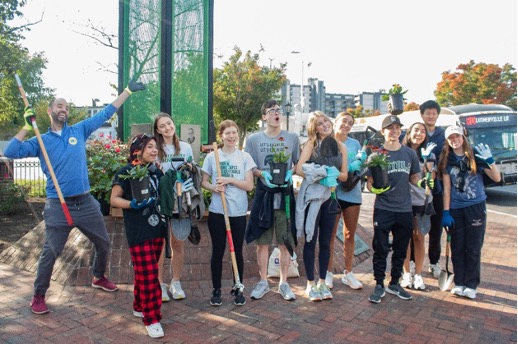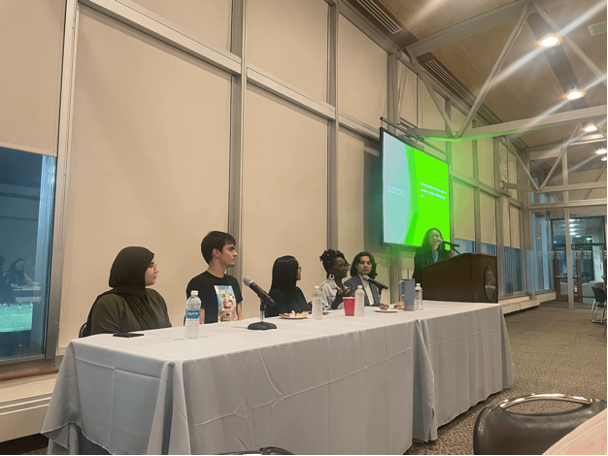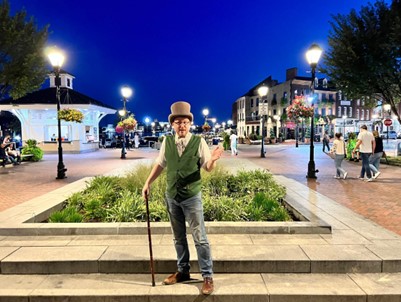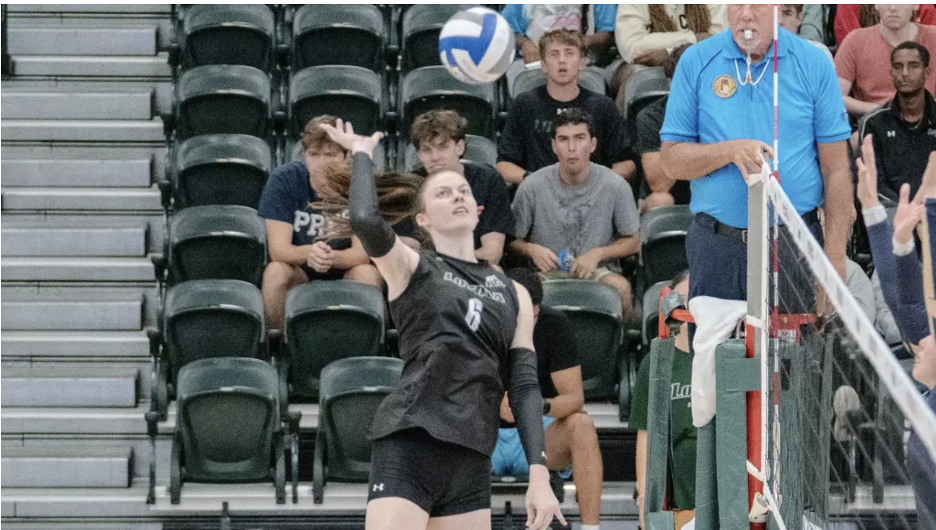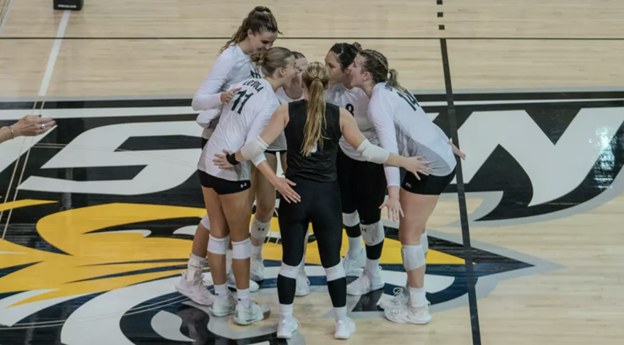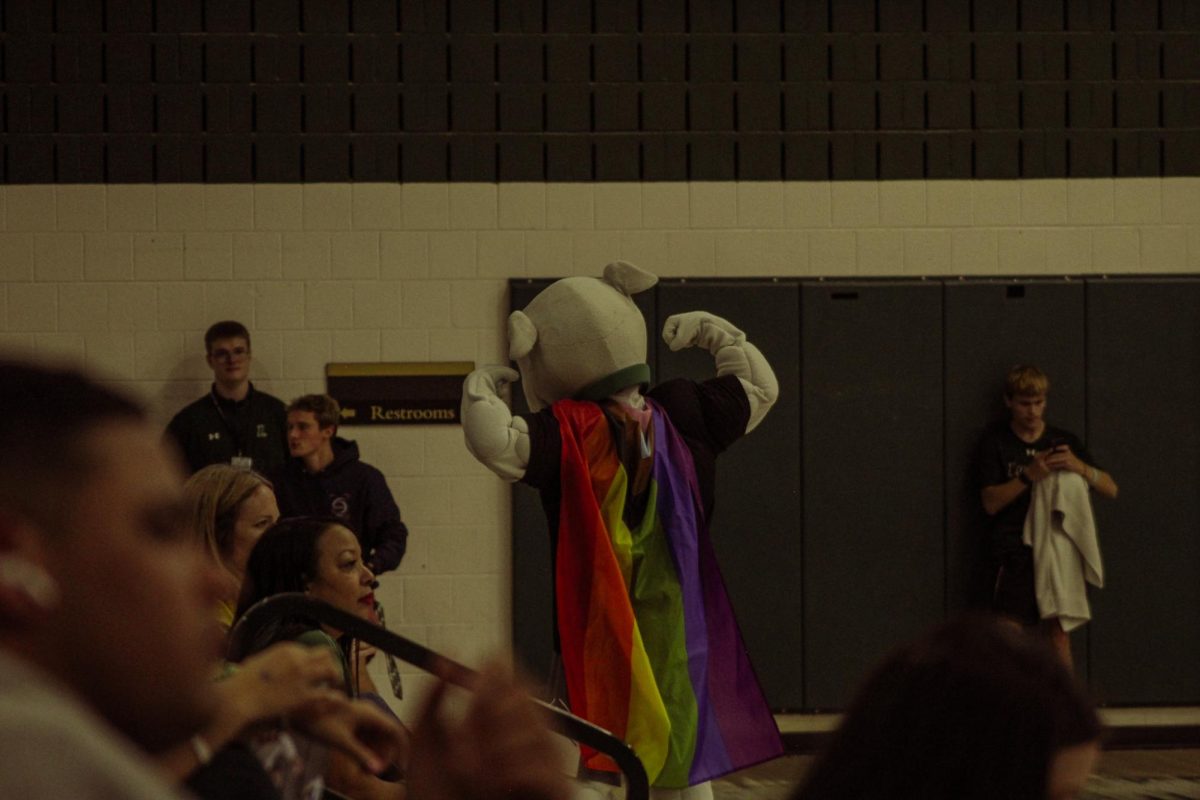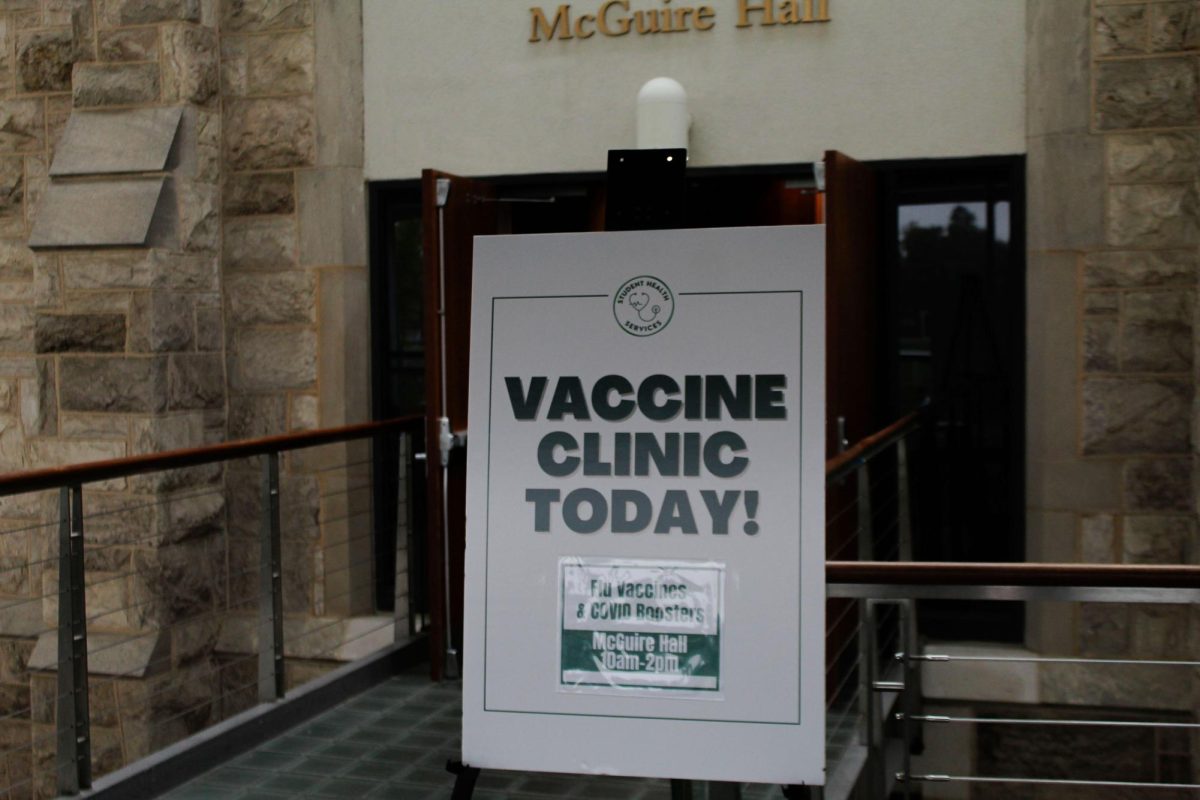According to the national help guide, “suicide prevention starts with recognizing the warning signs and taking them seriously.” But what happens when there are no warning signs? What do you do then?
Madison Holleran, a beautiful, smart, athletic 19-year-old girl from Allendale, New Jersey who ran track and field at the University of Pennsylvania, leapt to her death from a parking garage on Friday, January 17. To everyone around her, she was as happy as ever, save for a largely unnoticed bit of depression. She even made plans to meet with friends later on the evening she died. She left a note and gifts for her family on the roof before jumping to her death; she had thought this suicide through, with no plans to seek help that day as per her father’s request.
Underneath this seemingly jubilant teen’s exterior, there was something terribly wrong. Her family has attributed it to school-related stress and the inability to juggle the workload of an Ivy League school with personal changes she was experiencing. Achieving a 3.5 GPA in her first semester at UPenn, Madison still felt that she had under performed for her standard of excellence.
The only indicator that something was wrong in recent months was her expressing to her parents in December that she was feeling suicidal and was seeing a therapist. Her father said to The Record, “In the last session with her, the therapist made Madison say, ‘If you have a suicide plan, you will call somebody’ and Madison said, ‘Yes, I will call somebody and I will go see a therapist right away.’” She tragically did not.
This suicide is just another event that reminds us that things can be going terribly awry even when we think they’re perfect. National Institute of Mental Health Director, Thomas Insel, said that there are roughly 36,000 suicides a year, which is approximately 4 per hour. Even more go unreported, and sadly these deaths are often preventable.
Madison’s father told her that she could quit track and even leave UPenn to go to school somewhere warmer and closer to family members, but quitting on her previous plan was not acceptable to her. She could not turn her back on the commitments that she had made, even if it meant sacrificing her happiness. There’s no way to predict it, but what it seems in this instance was that Madison didn’t think that she could be honest and transparent about what she wanted. She didn’t think she could say no. Her father said track, which she succeeded so easily at in high school, turned into work for her. Saying no to track, school and social demands would mean that she was letting herself down, but saying no is an extremely important part of life and growing up.
Asking for help is extremely difficult, but if this suicide tells us one thing about life, it’s that we need to tell those we love that we do need help, and make everyone aware that asking for help is crucial.
Nancy Berliner, a Boston historian who lost her husband to suicide, said, “One suicide can inspire other people, unfortunately, to view suicide as an option. It’s important that society becomes more comfortable with discussing it. Then the people left behind will not have this stigma.”
If suicide remains taboo, people who are struggling may think that their thoughts of suicide are inappropriate and should be kept to themselves. National Institute of Mental Health researcher Dr. Jane Pearson stressed that their attempts are to make sure people who have suicidal thoughts know that they should not be embarrassed at all and that they won’t be penalized for seeking help. Even Madison’s older brother, Jim, said at her funeral, “I need professional therapy and I received it yesterday and I am bringing my family tomorrow. Please seek therapy if you need it. This is not a weakness. This is a strength,” according to The Record. Hopefully a combination of these attempts, along with daily practices of gratitude by all of us, and Madison’s story of an internal struggle, will remind us all that suicidal thoughts do not always manifest in obvious manners. We need to not only reach out when it seems like everything is fine, but also encourage the attitude that asking for help and saying no are two intrinsic parts of life that even the most perfect of people practice.



